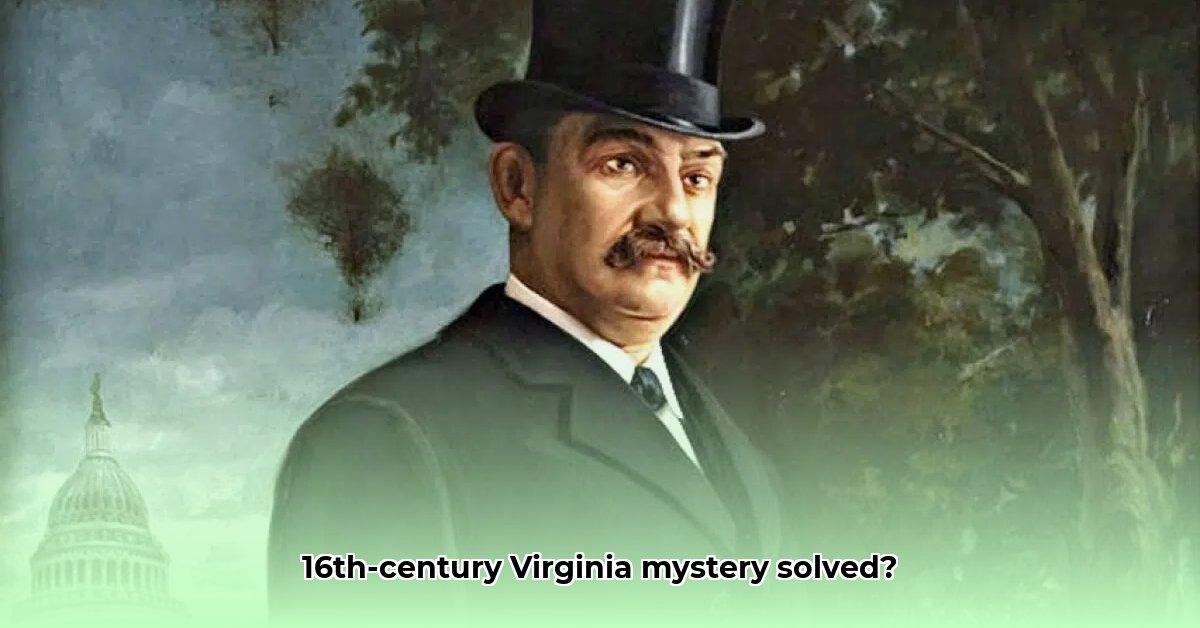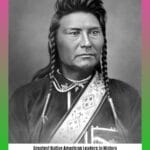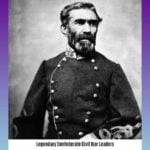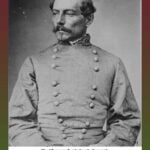Don Luis, a figure shrouded in mystery, emerges from the annals of 16th-century Virginia as a pivotal yet enigmatic character. More than a historical footnote, he embodies the complexities of a period marked by cultural clashes and colonial ambitions. This exploration delves into the life of Don Luis, examining the available evidence, addressing the historical ambiguities, and analyzing his impact on the evolving dynamics of the Powhatan Confederacy. For more on Virginia’s history, see the Virginia flag.
Unmasking Don Luis: Navigating the Historical Labyrinth
Don Luis’s story presents a formidable challenge to historical interpretation. Reconstructing a coherent narrative from fragmented and potentially biased sources requires careful consideration of the historical context, the limitations of available evidence, and the often-silenced voices of indigenous populations. The scarcity of primary sources, particularly those originating from Native American perspectives, further complicates the task of understanding his motivations and the lasting impact of his actions.
His documented journey from a young Native American, possibly Kiskiack or Paspahegh, to a baptized and educated individual in Europe and Mexico, underscores the transformative power of cross-cultural encounters. This exposure to both indigenous and European societies placed Don Luis in a unique position, potentially as a cultural intermediary or a catalyst for conflict. Did his experiences foster a sense of duality, shaping his interactions with both Native American communities and European colonists? This question remains central to unraveling the enigma of Don Luis.
The most controversial aspect of his story revolves around the 1571 massacre of Jesuit missionaries. Was he an active participant, a reluctant accomplice, or a victim of circumstance? The absence of definitive proof fuels ongoing debate and underscores the importance of scrutinizing existing narratives, acknowledging the potential for bias, and seeking alternative interpretations.
Adding to the intrigue is the uncertainty surrounding his identity. Some historians propose a connection to Opechancanough, the powerful Powhatan leader who orchestrated attacks against Jamestown settlers. Others suggest a possible link to Powhatan himself, though chronological inconsistencies and the matrilineal nature of Powhatan society cast doubt on this theory. These competing hypotheses highlight the need for further research and the potential for future discoveries to reshape our understanding of Don Luis’s place in history.
The Powhatan Confederacy and the Shadow of Colonization: Don Luis’s Impact
Don Luis’s presence in Virginia coincided with a period of profound change for the Powhatan Confederacy. The arrival of English colonists disrupted existing power structures, ignited land disputes, and introduced new forms of economic competition. Don Luis’s familiarity with both European and Native American cultures positioned him at the center of these evolving dynamics.
The Powhatan Confederacy, a complex alliance of Algonquian-speaking tribes in the Tidewater region, faced increasing pressure from English expansion. Don Luis’s unique perspective and experiences could have influenced the Confederacy’s response to this growing threat. Did his knowledge of European customs and strategies inform their interactions with the colonists? Or did his actions inadvertently contribute to the escalating tensions? Exploring the socio-political landscape of the time and analyzing the power dynamics within the Confederacy are crucial to understanding Don Luis’s potential impact.
Deconstructing the Jesuit Narratives: A Critical Lens
The accounts of the Jesuit missions in Virginia provide valuable insights into the cultural clashes of the era, but they must be approached with critical awareness. These narratives, often written from a European perspective, may reflect biases and omissions that obscure a complete understanding of events. Examining these accounts alongside other available evidence, considering the motivations of the authors, and acknowledging the lack of indigenous voices are essential steps toward a more nuanced interpretation.
The Jesuits’ descriptions of Don Luis, his role as their guide and interpreter, and his alleged involvement in the massacre offer a starting point for investigation. However, these accounts should be contextualized within the larger framework of colonial expansion and the power struggles between European powers and indigenous populations. By questioning assumptions, exploring alternative perspectives, and recognizing the limitations of the historical record, we can strive for a more balanced and comprehensive understanding of Don Luis’s complex role in this historical drama.
The Unfinished Story: Don Luis’s Enduring Legacy
The story of Don Luis remains an open question, a historical puzzle with missing pieces. His true identity, the full extent of his influence, and his ultimate fate continue to intrigue and challenge historians. The search for answers must continue, embracing new research methodologies, incorporating diverse perspectives, and remaining open to the possibility of future discoveries.
The enduring legacy of Don Luis lies not only in the unanswered questions surrounding his life but also in the lessons it offers about the complexities of historical interpretation. His story reminds us of the importance of critical inquiry, the need to challenge established narratives, and the ongoing quest to uncover the untold stories of those whose voices have been marginalized throughout history. The mystery of Don Luis serves as a powerful reminder that the pursuit of historical understanding is a continuous journey, not a destination.
- Jesus Bible: Discover Jesus’s Story Throughout Scripture - April 27, 2025
- Don Luis: Unraveling the 16th-Century Virginia Mystery - April 27, 2025
- Captain J’s Kauai Tours: Unforgettable Na Pali Coast Adventures - April 27, 2025
















